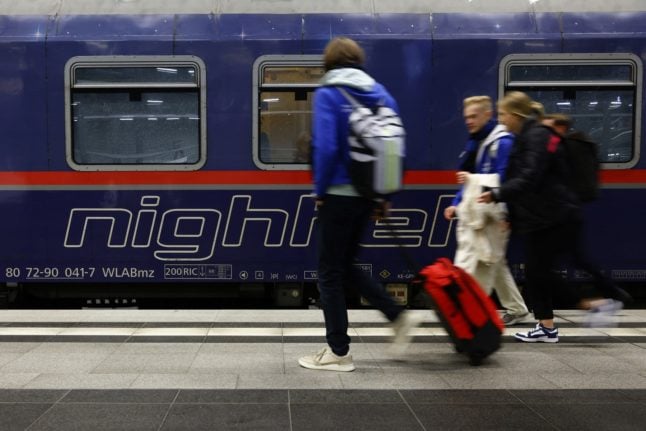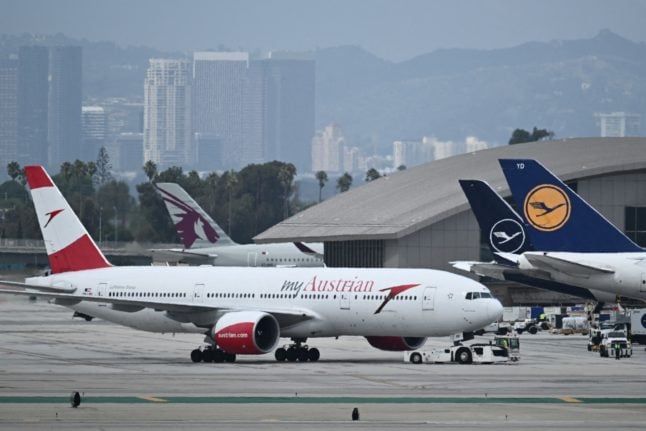The sleeper service between the capitals of France and Germany was reinstated last December after not running for nearly a decade – but just months later, the overnight rail service will be halted for essential works.
French rail operator SNCF said: “Between August 12th and October 26th, SNCF Réseau will carry out major works on the Epernay-Château-Thierry section of the French rail network, which will prevent night trains from running as smoothly as possible.
“At the same time, various works will be taking place in Germany along the Berlin-Mannheim line, notably between Halle and Eisenach, which could lead to detours and longer journey times.”
This work will also mean that connections between Vienna and Brussels are suspended.
“Transporters have sought alternative solutions in conjunction with infrastructure managers, but all of them create risks of irregularity or even unexpected cancellations … due to a lack of alternative routes and the possibility of bypass”, explains SNCF.
“Based on these findings, and in order to avoid significant train cancellations, significant delays and other inconveniences for our customers, the partners of the Nightjet offer have decided to implement a temporary interruption of the lines.”
SNCF said that no customers were affected, because no tickets had been sold on the night trains over the affected period.
The Nightjet service between Vienna and Brussels is not affected by this interruption and will continue to operate three times a week as usual.
Closed in 2014, the 13-hour night train service between Paris and Berlin reopened on December 11th, 2023, and was championed as a revival of sleeper services, a means of transport which is coming back into favour due to its lower climate impact.
The line is operated by Deutsche Bahn, SNCF and ÖBB which supplies the “Nightjet” rolling stock, which offer superior comfort to the night trains offered by the SNCF.
However, since this relaunch it has been the victim of numerous problems leading to significant delays.
Work carried out on the infrastructure should precisely offer “a better quality of service with more robustness for train circulation,” SNCF said.
“There is strong demand for night train travel in Europe and ÖBB plans to continue investing in new and higher-capacity trains.”
The Paris-Vienna night train was relaunched in 2021, although Covid-related travel restrictions meant that the service initially struggled to attract passengers. Since then it has become a popular overnight route.



 Please whitelist us to continue reading.
Please whitelist us to continue reading.
Member comments